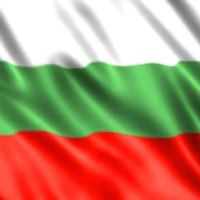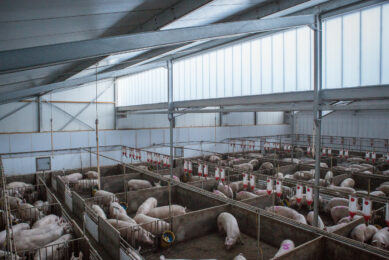Bulgarian pig industry limps to EU accession

The Bulgarian livestock industry is facing some difficulties with the country’s accession to the European Union in view, in the beginning of 2007.
The yearly USDA Foreign Agricultural Service report on Bulgarian livestock stated that in 2005 the total number of livestock farms declined by 7.5%; the number of smaller farms even declining by 15 to 17%. EU veterinary requirements in the area of animal health and animal welfare were the cause of that, according to the report.
Demand
As a consequence of the lower number of farms, red meat demand exceeded supply, causing livestock prices to rise in Bulgaria and much meat to be imported. Pork imports however, did not profit, according to USDA, “due to vague and unclear trade policy and protectionist measures.”
Total pork imports dropped to 21,000 million tonnes, whereas substituting beef imports grew by 209%.
However, it is expected that once Bulgaria enters the EU, pork imports will increase and surpass declining beef imports.
Admission
The USDA report was published on the day that Bulgaria and neighbouring Romania were officially granted admission to the EU by January 1st, 2007.
The accession means that the country has to prepare to comply with EU health safety norms. For that reason, Bulgaria has terminated vaccinating against the classical swine fever (CSF) from January 1, 2006. To date, Bulgaria has had three officially announced CSF outbreaks.
Related website:
• European Union











